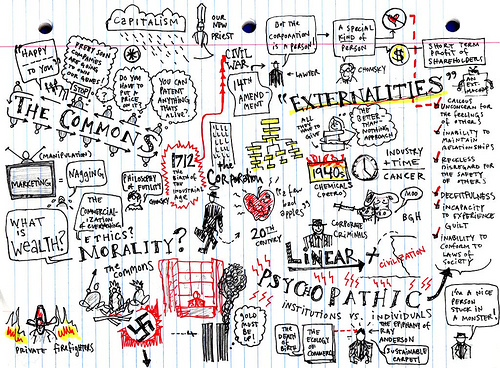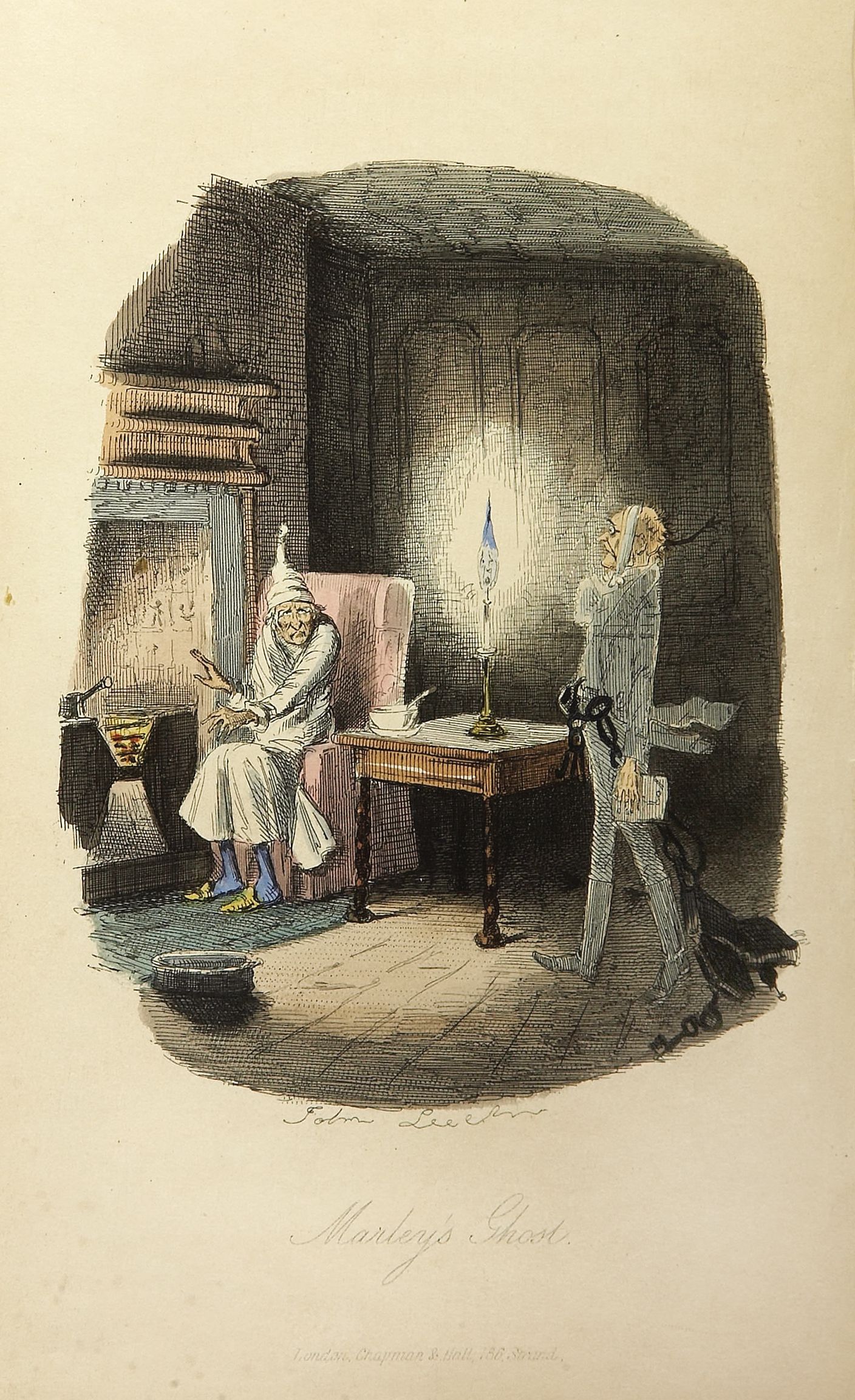Yesterday’s Morning Edition story about NY governor Andrew Cuomo’s (D) proposal to reinstate a program to allow prison inmates to take college classes is a fascinating study in framing.
Let’s examine the story’s arguments for and against the proposal:
| For | Against |
|---|---|
| “‘Forget nice; let’s talk about self-interest,’ Cuomo [said]. ‘You pay $60,000 for a prison cell for a year. You put a guy away for 10 years, that’s 600 grand. Right now, chances are almost half, that once he’s released, he’s going to come right back.’Cuomo says helping inmates get a college education would cost about $5,000 a year per person — chump change, he argues, if it keeps that inmate from bouncing back into prison.” | “What do you say to a Yoko Ono if Mark David Chapman [who killed her husband, John Lennon] says, ‘I want a college education?’ ” the reporter asked. |
| Cuomo also says, “Let’s use common sense, the economic cost, the human cost — let’s invest and rehabilitate people so they have a future.” | “[T]axpayers just won’t stand for inmates getting a free college education, while middle-class families struggle to pay for their kids’ tuition, housing and books.”That is the vast majority of feedback that I’m also getting from my constituents,” [NY State Assemblywoman Addie Russell (D)] says. “You know, ‘Where is the relief for the rest of the law-abiding population?'” |
| “There must be no doubt about whose side we’re on,” [President Bill] Clinton argued [in 1994]. “People who commit crimes should be caught, convicted and punished. This bill [eliminating student aid for inmates] puts government on the side of those who abide by the law, not those who break it.” | |
| “Club Med” for inmates |
Note that all the arguments against the proposal are about fairness, not money and self-interest. While the fiscal argument is strong, it doesn’t touch hearts. When made, as in this article, without being framed in values, it seems to inaccurately reduce justice to dollars.
The moral argument against touches both minds and hearts. Unless a strong moral argument in support is made over and over, I expect the nos will have it.
The argument against comes from what George Lakoff calls the strict-father worldview: prisoners are bad people who deserve only punishment. Their rehabilitation is solely up to them, not the state.
The argument in support comes from Lakoff’s nurturant-parent worldview: We are all in this together. Despite having done bad things, prisoners continue to be Americans and human beings and should be helped to return to society as productive citizens when possible and sensible. That is what we would want in their shoes, and rehabilitation makes the community stronger and safer.
Have I been fair in presenting the strict-father and nurturant-parent worldviews?


